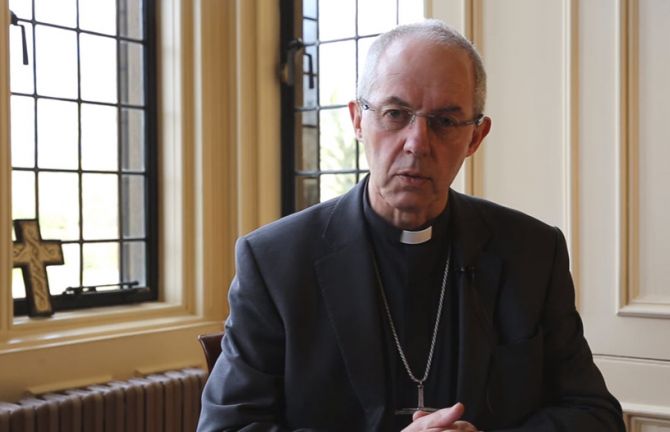

Update
World religious leaders generate additional momentum for ending AIDS by 2030
01 June 2016
01 June 2016 01 June 2016In advance of the United Nations General Assembly High-Level Meeting on Ending AIDS, Justin Welby, the Archbishop of Canterbury, released a video message entitled “Archbishop urges ‘great further step’ to end AIDS by 2030,” which was published on 18 May to help mobilize critical resources to communities most at need of HIV services. In the address, the Archbishop recognizes the great progress that has been made since the beginning of the epidemic, but pointed out that some communities are being left behind.
Six days later, on 24 May, Olav Fykse Tveit, Secretary-General of the World Council of Churches, released his own video message, entitled “World Council of Churches General-Secretary Olav Fykse Tveit’s message on interfaith action on HIV.” In the message, he says that the global community is facing a “crucial opportunity” to end AIDS by 2030, a goal he adds that is within our power.
The United Nations General Assembly High-Level Meeting on Ending AIDS will be held in New York, United States of America, from 8 to 10 June. United Nations Member States will draft a Political Declaration on Ending AIDS designed to reach the end of AIDS as a public health threat by 2030 as part of the United Nations Sustainable Development Goals.
Both messages come after a recent statement by Pope Francis, “The encyclical letter Laudato si’ and other teachings of Pope Francis: an ethical basis for efforts to Fast-Track a more effective global AIDS response.” The statement by Pope Francis, in which he calls on the world to “find the will, the technical expertise, the resources and the methods that provide access to diagnosis and treatment available to all,” was presented at two consultations held in the Vatican City in April and May hosted by Cardinal Peter Turkson, President of the Pontifical Council for Justice and Peace.
Quotes
“This is the time to make a great further step mobilizing the political, the financial, the technical and the clinical resources through communities around the world to challenge AIDS afresh, to drive it from the news and to release communities from the fear that hangs over them in so many ways.”
“None of us should be alone. As we struggle with these challenges, we need to live and act together as a fellowship able to support and guide each other as fellow pilgrims in this journey. The global AIDS epidemic has taught us that we must do all what we can and that our part is not finished as long as somebody is left behind.”



